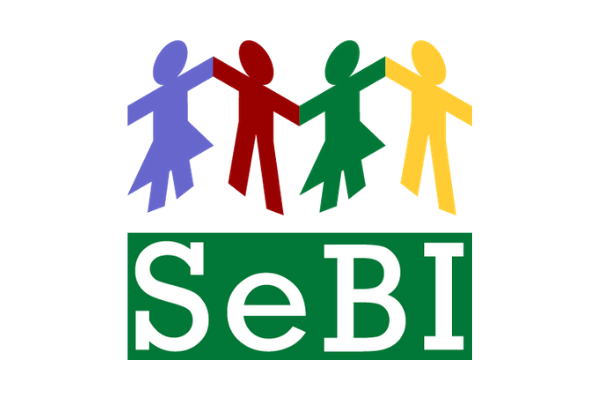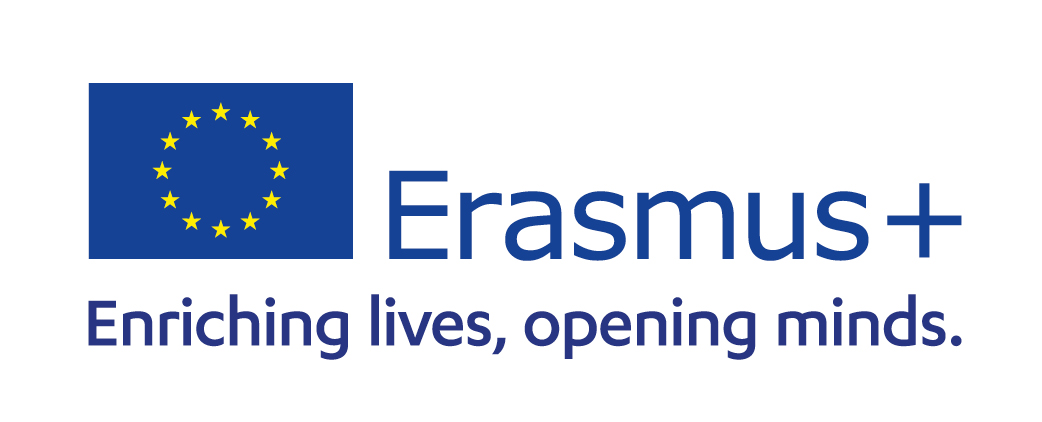

Erasmus+, KA3

The project SeBI is financed by the European Commission, through funds granted by the National Erasmus + Support for policy reform Key Action 3 (KA3) Social inclusion and common values: the contribution in the field of education and training.
The main concept of the project is the Best Interest of Child, a term that has been used in a number of international human rights documents, most notably the 1959 Declaration on the Rights of the Child, the 1979 Convention on the Elimination of All Forms of Discrimination Against Women and the 1989 Convention on the Rights of the Child (CRC).
According to the CRC: “The best interests of the child shall be a primary consideration in all actions affecting children, there shall be no discrimination on the grounds of race, colour, sex, language, religion, political or other opinions, national, ethnic or social origin, property, disability, birth or other status, states Parties recognize that every child has the inherent right to life and shall ensure to the maximum extent possible the survival and development of the child and children shall be assured the right to express their views freely in all matters affecting them, their views being given due weighting accordance with the child’s age and level of maturity”. The novel characteristic of this statement of the best interests principle was probably its scope as for the first time, it extended its reach to an obligation on States “to ensure that children’s interests are placed at the heart of government and of all decision-making which impacts on children”.
Since then a clear and precise understanding of the “best interest” concept remains to be further elaborated since it has been subject to different interpretations. At the same time the reality often comes in contrast with the legislation regarding the best interest of the child, not only in cases of social crisis but in normality as well. Despite the important work by the European Union, the Council of Europe and others in the field of ensuring children’s rights, a reality check across Europe suggests that levels of child poverty and social exclusion are escalating.
It is evidenced, not only in the EU, but in other countries around the world, that educational systems are not yet fully build to implement the best interest of the Child. Hence, one of the best ways through which states can address the best interests of the Child is to enshrine them to their educational institutions and practices. The lack of training and knowledge on the part of decision makers at this level in primary and secondary education may prolong the achievement gap and marginalization of disadvantaged children. Such achievement gap can be reduced through relevant practices established in schools based on the forthcoming country specific needs analysis and desk research.
The SEBI project, aims to identify the key challenges that educational systems face in areas were the determination of the Best Interest of the Child is a prerequisite, and prepare methods, tools and processes to support evidence-based policy making supporting school leaders, teachers and policymakers.
The general objective of the project is to develop and implement innovative methods and practices to foster inclusive education and promote common values.
The specific objectives of the project are:
The expected results of the project are first focused on increasing stakeholders’ knowledge of the concept of the BIC as well as the EU, national and local policies and legislation as well as administrative practices in the field; the design, development and/or monitoring of policies aimed to take into account the BIC in all aspects of the pedagogical process with the aim to empower disadvantaged children and promote the rights of children in society as well as more effective implementation of the legislation on non-discrimination.
Outcomes:
WP1: Mapping the Ecosystem of Current Practices and Trends in Securing the Best Interest of the Child in Educational School Administration
WP2: Capacity Building of School staff and stakeholders
WP3: Development, Testing and Fine-Tuning of Educative Assets
WP4: Development of Policy Recomentations
WP5: Awareness Campaign, dissemination and exploitation
WP6: Monitoring, quality control and evaluation
WP7: Project Management and Coordination
European framework of the best interests of the child
In the framework of the SEBI Project a seminar (IN ITALIAN) will be organised for teachers and educators, to deepen the principle of the Best Interest of the Child and its application in schools.
25 October 2022; 14.00-17.30
Sala di Cultura BCC, via Emilia 210/A – Imola
In the framework of the SEBI Project an online training (IN ITALIAN) will be offered to school managers, teachers of all educational cycles and educators, to deepen the principle of the Best Interest of the Child and its application in schools.
The training is divided into 2 online seminars, in February, repeated a week apart in a different time slot.

Our objective is to increase cooperation among the
members of the network, between Italy and Sweden
and, more in general, the North and South of
the European Union.
Stradone Martiri della Libertà, 15 – 43123 Parma (PR) – Italy | C.F.: 91251370374
Tel: +39 0521686023 – Fax: +39 0521686023 – Website: www.sern.eu – Email: secretariat@sern.eu – PEC: secretariat@pec.sern.eu
© 2024 | All rights reserved | Privacy Policy | Cookie Policy